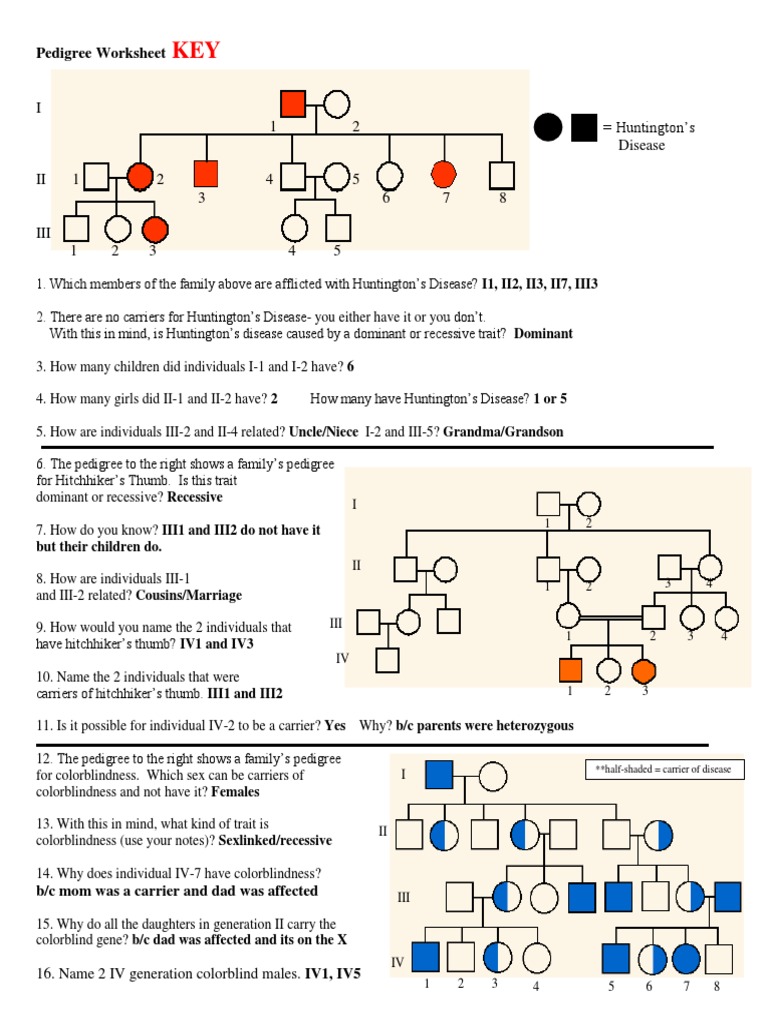Saber vs Conocer: Ultimate Practice Worksheet Guide

In the realm of Spanish language acquisition, mastering the nuances of saber and conocer can seem daunting. Both verbs translate to "know" in English, yet they occupy different spaces in expressing knowledge and familiarity. This comprehensive guide aims to elucidate the distinctions and provide a practice worksheet to enhance your command over these verbs.
What Makes Saber and Conocer Different?

The confusion often stems from the literal translation, but the context in which each verb is used significantly differs:
- Saber is primarily used for knowing facts, information, how to do something, or being aware of something in terms of knowledge.
- Conocer pertains to being acquainted with someone, a place, or having personal experience with something.
⚠️ Note: Although both verbs can mean "to know," they are not interchangeable in most cases.
Conjugation of Saber

Let's dive into the conjugation of saber, starting with the present tense:
| Person | Conjugation |
|---|---|
| Yo | sé |
| Tú | sabes |
| Él / Ella / Usted | sabe |
| Nosotros / Nosotras | sabemos |
| Vosotros / Vosotras | sabéis |
| Ellos / Ellas / Ustedes | saben |

Saber has several irregularities in other tenses, such as the preterite supe, supiste, supo, supimos, supisteis, supieron, which are crucial to know for accurate usage.
Conjugation of Conocer

Here's how conocer conjugates in the present tense:
| Person | Conjugation |
|---|---|
| Yo | conozco |
| Tú | conoces |
| Él / Ella / Usted | conoce |
| Nosotros / Nosotras | conocemos |
| Vosotros / Vosotras | conocéis |
| Ellos / Ellas / Ustedes | conocen |
Key Differences in Usage

Let's break down the differences in usage:
- Saber:
- Use saber when referring to knowing facts or information:
- Sé que hace sol hoy. (I know it's sunny today.)
- ¿Sabes dónde está el hospital? (Do you know where the hospital is?)
- Also used for knowing how to do something:
- Sé nadar. (I know how to swim.)
- Conocer:
- Use conocer when referring to being familiar with someone or something:
- Conozco a María. (I know María.)
- Conozco el centro de la ciudad. (I know the city center.)
- Also applies to literary or artistic works:
- Conozco el libro de Gabriel García Márquez. (I know the book by Gabriel García Márquez.)
Practice Worksheet

To solidify your understanding, here's a practice worksheet with sentences for you to choose whether to use saber or conocer:
- ________ qué hora es? (Do you know what time it is?)
- Él ________ el camino a la playa. (He knows the way to the beach.)
- ¿________ bailar flamenco? (Do you know how to dance flamenco?)
- ________ a tu hermano desde hace mucho tiempo. (I have known your brother for a long time.)
- No ________ nada sobre física. (I don't know anything about physics.)
Answers

Here are the answers to help you confirm your understanding:
- ¿Sabe qué hora es?
- Él conoce el camino a la playa.
- ¿Sabes bailar flamenco?
- Conozco a tu hermano desde hace mucho tiempo.
- No sé nada sobre física.
📝 Note: Ensure you conjugate the verb correctly according to the subject!
Going Beyond

To further your understanding:
- Use saber when expressing knowledge acquired through education or study.
- Use conocer to indicate familiarity gained through experience.
- Remember conocer is personal while saber is more abstract.
Understanding the subtleties between saber and conocer is a step closer to fluency. Incorporating these verbs correctly in daily conversation enhances your Spanish speaking skills, making you more nuanced in your expressions of knowledge and familiarity. With consistent practice, the distinctions will become second nature, allowing you to navigate the Spanish language with greater confidence and precision.
When do I use saber for people?

+
Use saber when you’re talking about knowing someone’s name, age, or other facts about them, rather than their character or personality.
Can conocer be used for places?

+
Yes, conocer is used when you’re familiar with a place, not just knowing its location.
How do you remember which verb to use?

+
Think of saber for things you study or learn, and conocer for things you’ve experienced or met.



